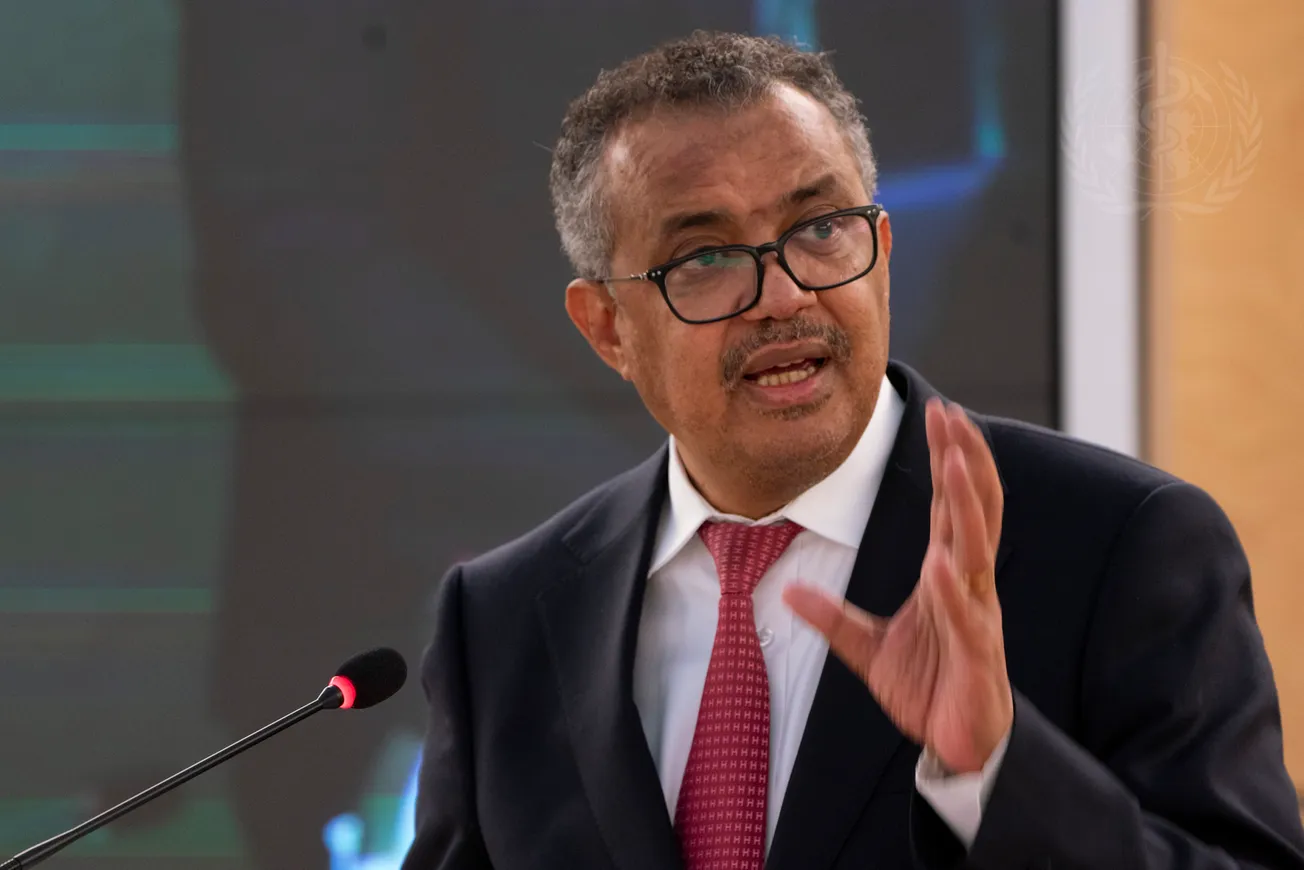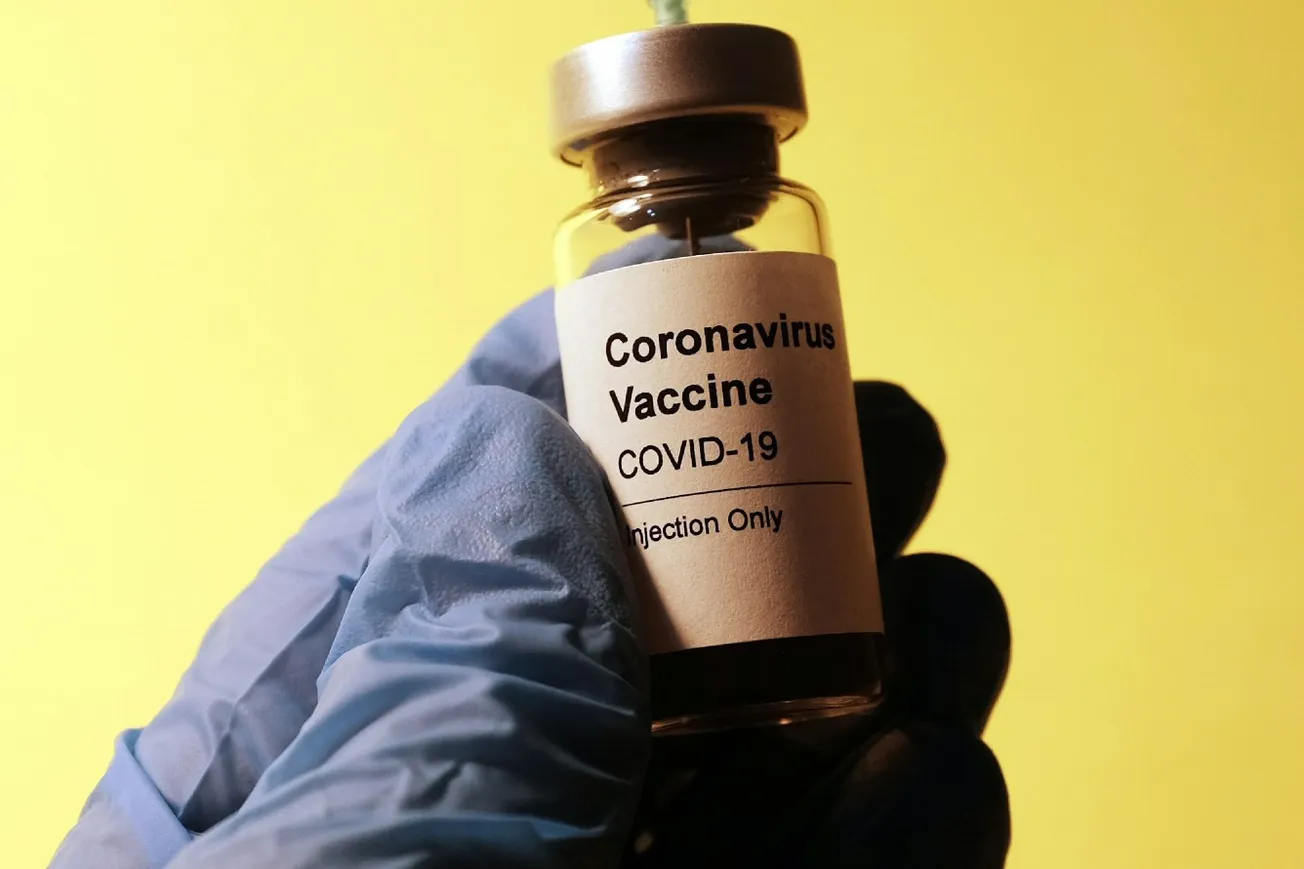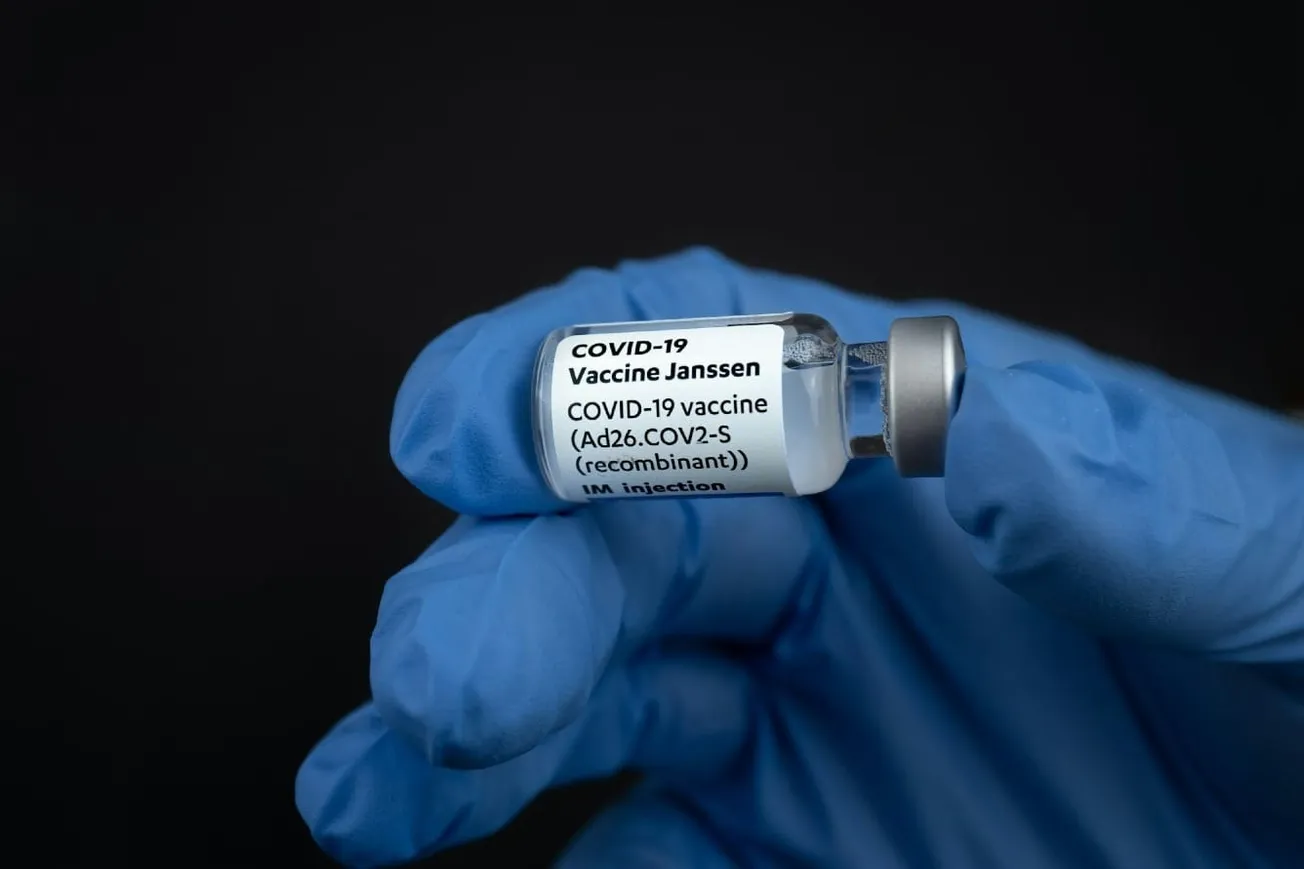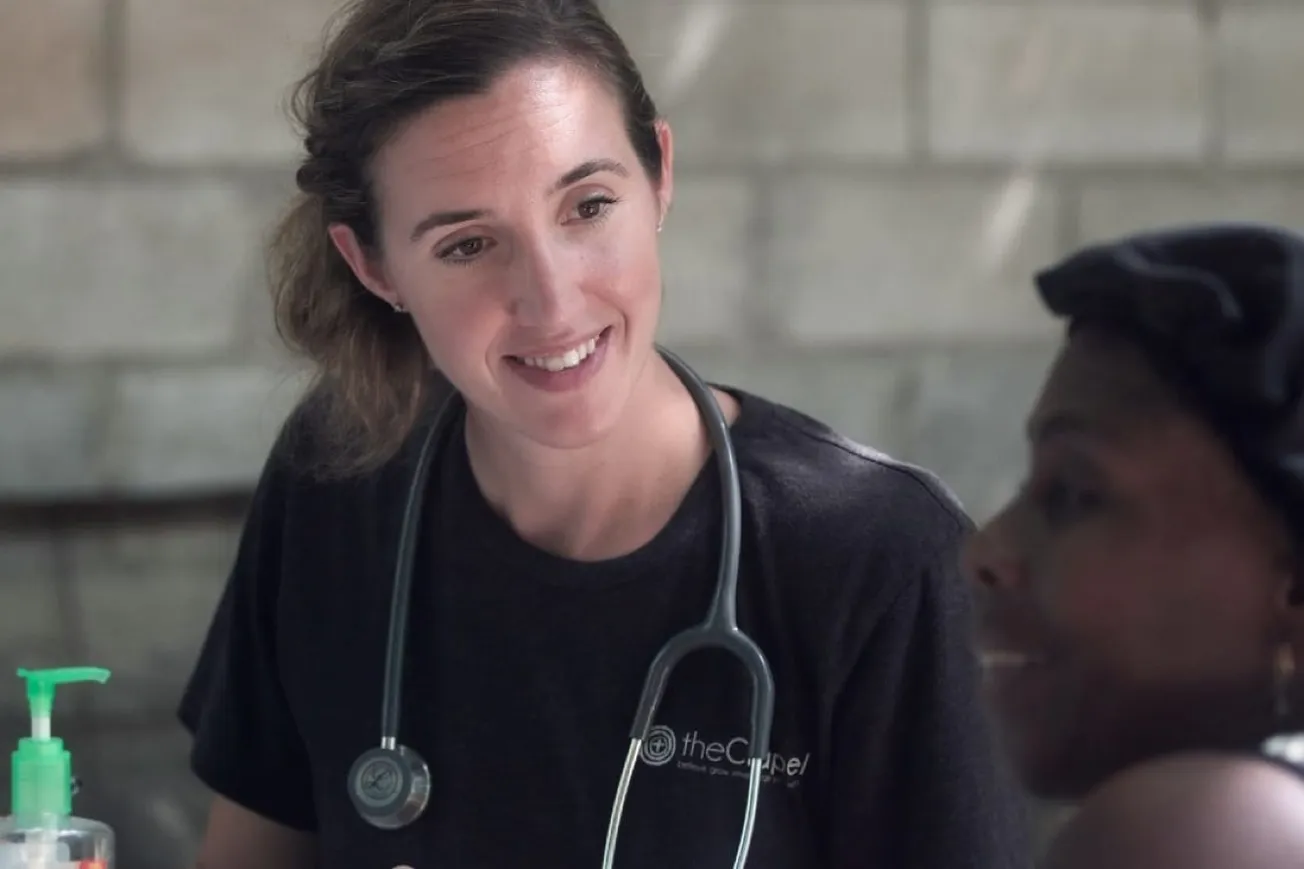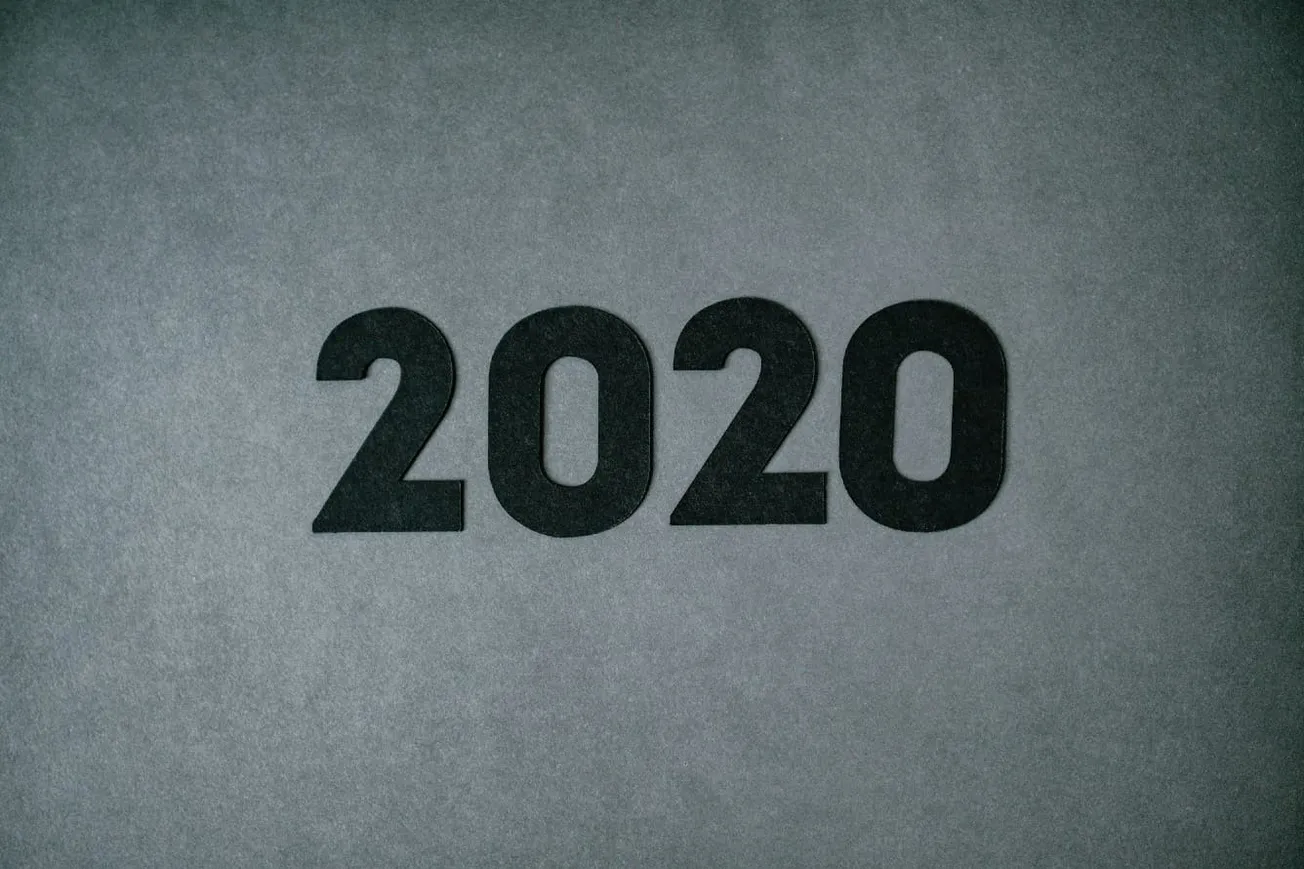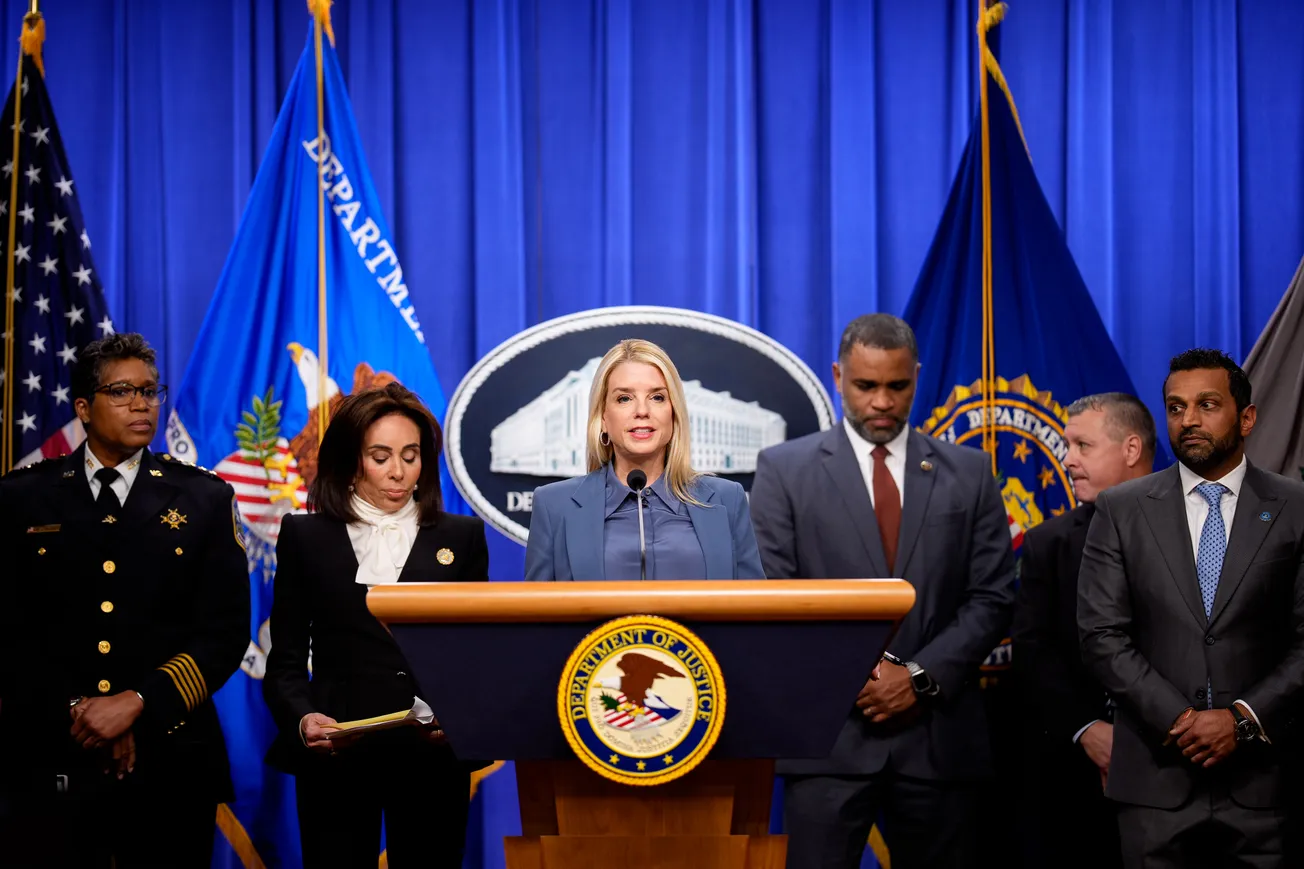On Friday, the World Health Organization's Director-General Tedros Adhanom Ghebreyesus said at a press conference: "It is (therefore) with great hope that I declare COVID-19 over as a global health emergency."
So, a "public health emergency of international concern," first announced on January 30, 2020, has officially ended. Along the way, the pandemic brought about a meteoric change in every corner of the world. There were 765 million confirmed Covid cases, including 6.92 million deaths. More than 1.12 million Americans succumbed to the disease. As an event, Covid-19 will go down in history no different from other humanity-changing markers, such as World War II and the Great Depression.
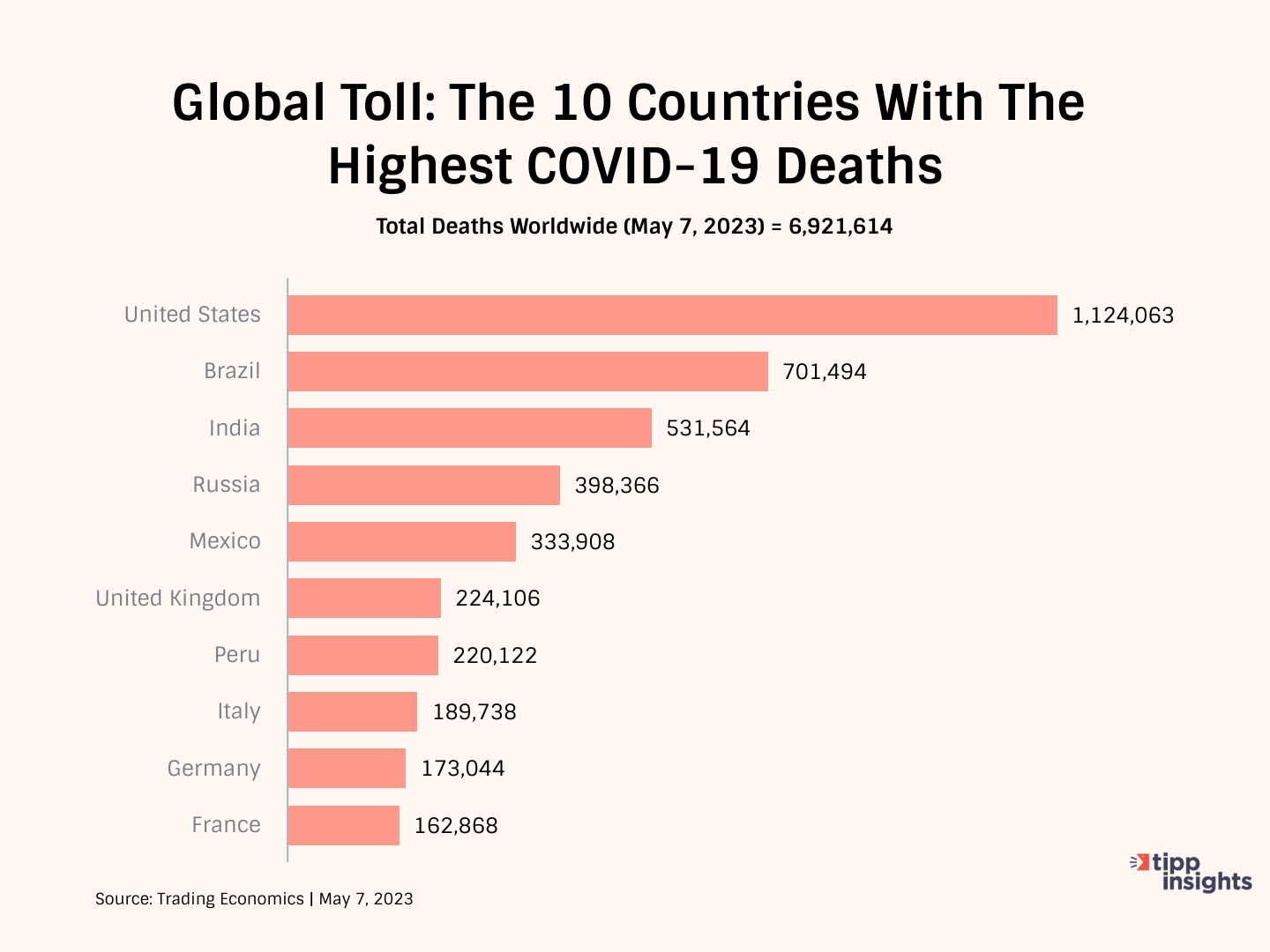
More than death and destruction, WHO's handling of the disease - and, by extension, the inconsistent management by affiliate health organizations such as the US Centers for Disease Control - made the pandemic miserable for those who survived. Lockdowns, travel bans, mask rules, school closures, vaccine mandates, and government diktats allowing for some public gatherings but not others resulted in long-term damage from which the world will take a long time to recover.
Food insecurity, even in advanced countries, sky-rocketed. We can never forget video clips that showed people in the Pittsburgh suburbs sitting in their plush cars and trucks in a miles-long bumper-to-bumper line, occupying both lanes, inching their way forward to a charity organization's food distribution stations. The same scene played itself out all over the country.
Governments responded with unprecedented fiscal and monetary stimuli, resulting in the world returning to 1970s-style inflation, which has now become the latest global pandemic. The Federal Reserve, the ECB, and the Bank of Japan collectively injected over $10 trillion through quantitative easing approaches and are struggling to contain the damage through unprecedented interest rate hikes. Unfortunately, the medicine is not working.
Major demographic shifts occurred, with nuclear families, unable to afford to live independently, forced to merge with those of older generations. Suicidal tendencies and depression rates went up dramatically. Sociologists blame Covid for the increase in violent crime in America's cities. Children practically stopped learning as remote schooling proved to be worthless. Income inequality increased as millions of gig workers — domestic helpers, nannies, cab drivers, and day laborers — lost jobs.
The WHO often did not have a clue. Dr. Ghebreyesus, the WHO Director-General, famously said in a February 10, 2020, press conference, "The overall pattern of cases has not changed. 99% of the reported cases are in China, and most cases are mild." He announced that a WHO team was arriving in Wuhan the following day, nearly two months after the first patient had died in China.
Why did it take so long for the WHO to obtain cooperation from the Chinese to visit Wuhan? Had WHO specialists traveled to China in December 2019, could they have helped isolate the virus in the region? We know that China can execute severe lockdowns, so did the WHO allow the virus to escape to other parts of the world because of inaction or incompetence? And for a pandemic that will dominate 21st-century history, why hasn't the WHO investigated or revealed the cause of the disease, although it has been more than 41 months since the first Covid death?
Dr. Anthony Fauci, the former Director of the National Institutes of Health, was all over the map with his advice. Initially, he announced that mask-wearing is optional. A few weeks later, he strongly recommended wearing masks but did not make it mandatory, leaving it to localities to decide. During the pandemic's first few weeks, he joined the CDC to warn Americans that the virus transmits easily via contact with inanimate surfaces, like door handles and bus handrails. Transit systems, airlines, and small businesses invested billions of dollars in rigorously cleaning surfaces with disinfectant several times a day. People at home began to wash down groceries. Later, he and the CDC reversed themselves.
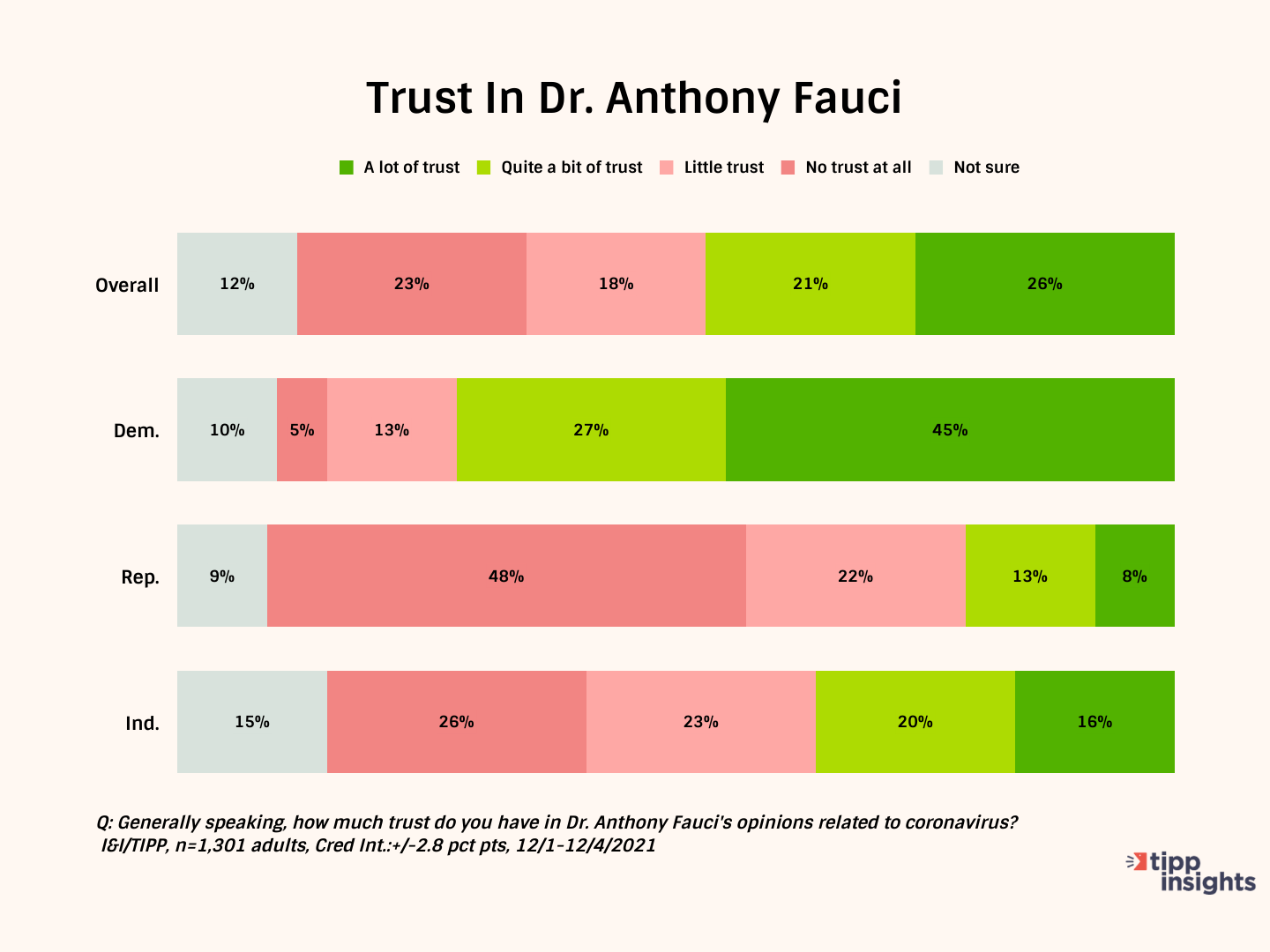
Dr. Fauci, always a wily political player, enjoyed the Left's embrace and began taking aim at former President Trump and the Republicans. Always speaking as a man of science, he made remarks that were wholly illogical. He tore into the Covid policies of Republican governors Brian Kemp of Georgia and Ron DeSantis of Florida - although both states fared far better than Democrat-led regions in New York and New Jersey. Dr. Fauci aggressively promoted Covid vaccines, but it is only now that many side effects, some of them long-term, are surfacing. He often sparred with Sen. Rand Paul, never conceding that the NIH may have outsourced gain of function research to the Wuhan lab.
The CDC was inept too, but don't take our word for it. In August 2022, Dr. Rochelle P. Walensky, the CDC Director (who announced this week that she is stepping down), told the agency's roughly 11,000 employees in a rare Mea Culpa: "To be frank, we are responsible for some pretty dramatic, pretty public mistakes from testing to data to communications."
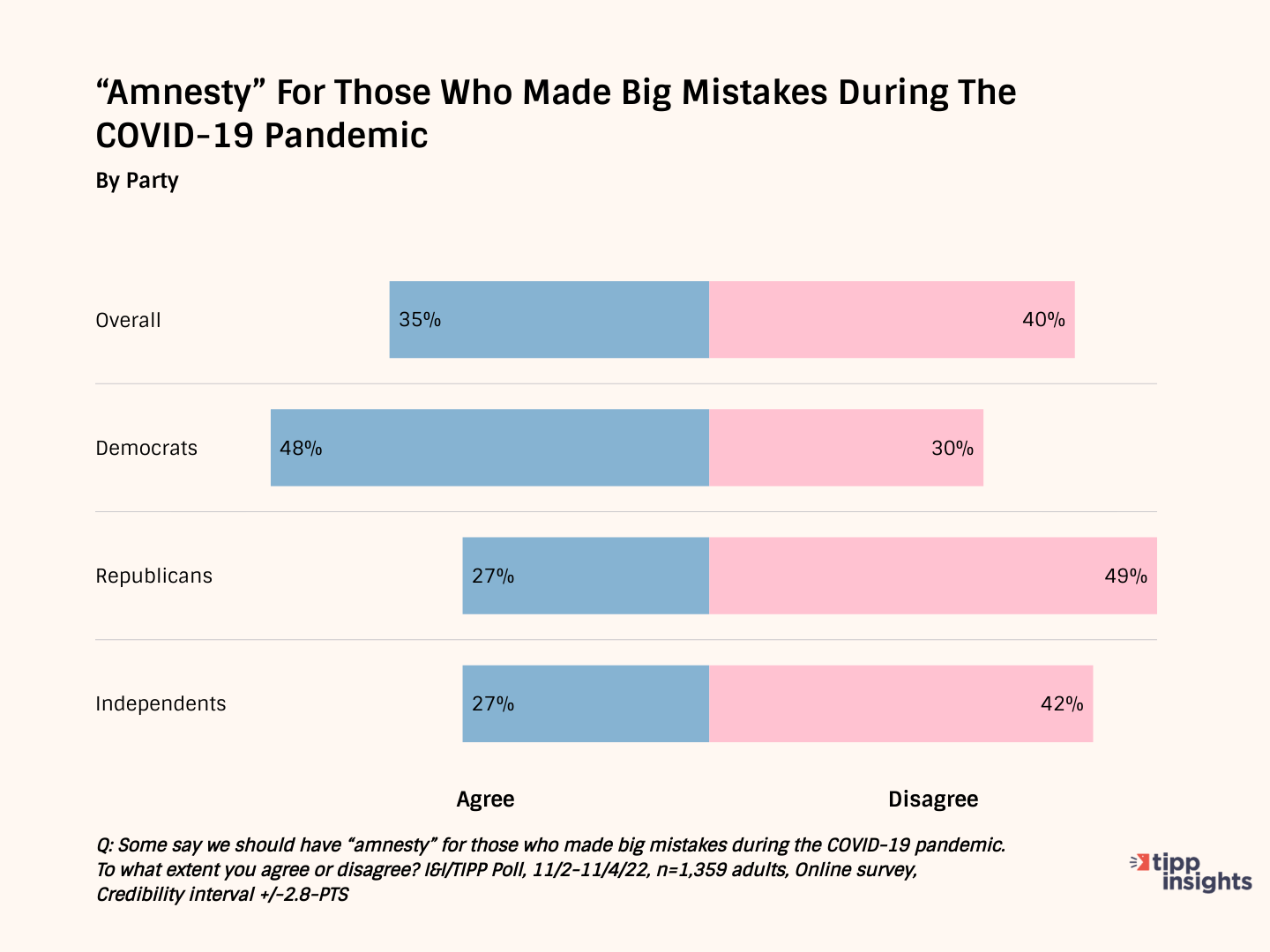
Covid brought about unprecedented numbers of deaths in developing nations. The WHO did not adequately prepare countries for the Delta wave. We rate the WHO an F overall.
For organizations that believe in science as their underpinning, the WHO and the CDC forbid all points of view with which they disagreed. When corporate media and Big Tech blindly followed WHO and Covid guidelines, the framework of political discourse in the public square changed forever. If the world is deeply divided today, the WHO, the CDC, and Dr. Fauci can take a fair share of the credit and deserve to be rated an F.
The WHO's declaration ending Covid is the only welcome news. Everything else was terrible.
Like our insights? Show your support by becoming a paid subscriber!

